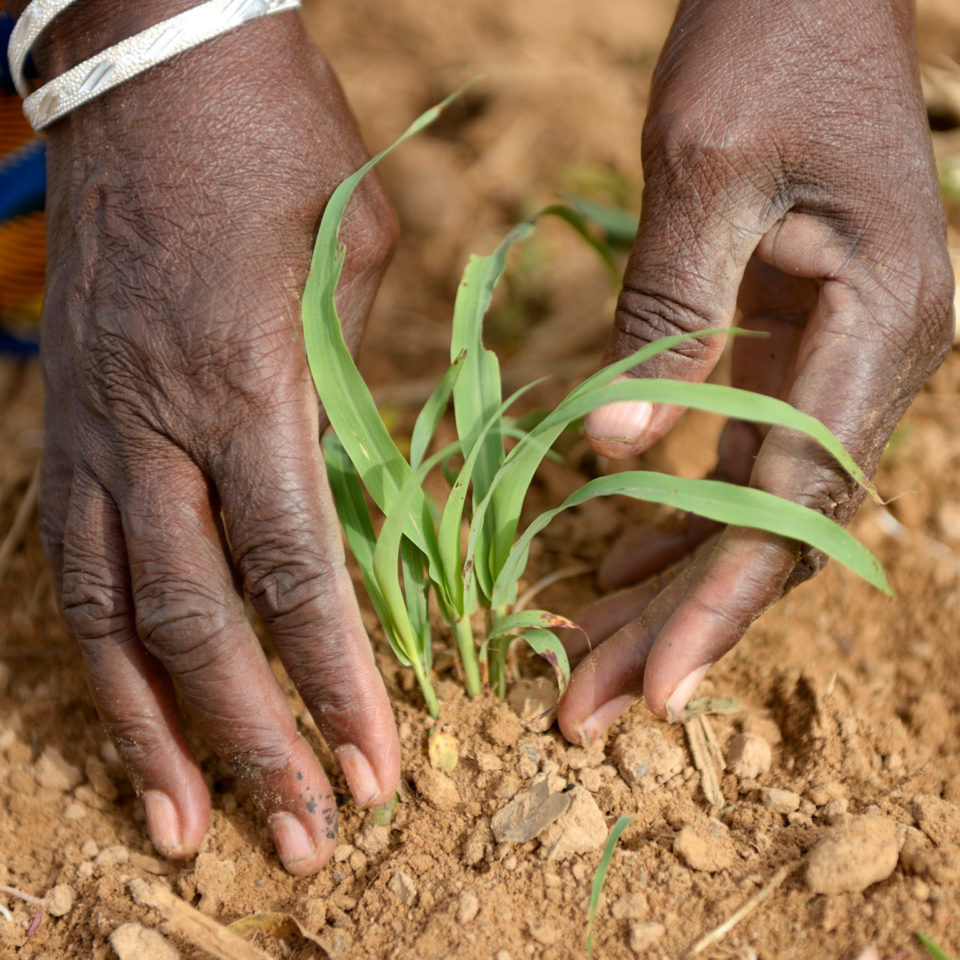The African Continental Free Trade Area (AfCFTA) holds the potential to lift millions of people out of poverty and end chronic food insecurity in Africa. However, its success rests on countries’ ratification and implementation, in particular in the agriculture sector.
Africa depends on its exports to the rest of the world of agricultural commodities such as cocoa, coffee, cotton, tobacco and spices to generate much-needed foreign exchange. But the continent is a net importer of staple foods such as cereals, vegetable oils, dairy products and meat.
Intra-African agricultural trade as a percentage of total African agricultural trade consistently remains below 20 per cent, one of the lowest for any region. Total trade between African countries was just 2 per cent during 2015–2017, compared to 67% for intra-regional trade among European countries, 61% for Asia, and 47% for the Americas, according to the UN’s trade organization UNCTAD.
The AfCFTA aims to change that. It created the largest free trade area in the world, representing a market of 1.2 billion consumers, and commits countries to remove most tariffs and non-tariff barriers to improve the flow of goods and services across countries, boosting economic growth along the way.
But since trading under the AfCFTA started on 1 January 2021, only 36 out of the 55 African Union member states have ratified the agreement.
Importance of agriculture
It is in agriculture where the AfCFTA’s ambitions can find the most fertile ground, in particular through developing inclusive regional value chains around priority commodities, led by a dynamic and diverse private sector of smallholders, commercial farmers, processors and service providers.
Africa’s single market has the potential to create a positive, more competitive business environment for agriculture, encouraging further investments and ultimately a modern, dynamic, productive, inclusive, resilient and sustainable agriculture sector that can lift millions of Africans out of poverty.
Strengthening national food production capacities and linkages to regional markets will provide a strong basis for countries to boost regional trade. Policies and programmes need to encourage the private sector to inject new investments, add value to commodities, compete with imports, and create jobs.
Regional approach
Many of the continent’s regional economic communities have already identified strategic commodities for further development into regional value chains: Eastern Africa has prioritised rice, beans and dairy, among others. West Africa has prioritised sorghum, livestock, fish and aquaculture products, among others. Southern Africa’s priorities include soya beans and groundnuts.
This regional approach has the potential to absorb smallholder farmers including women and youth, and micro, small and medium-sized enterprises, and connect them to the larger private sector which dominates input and output markets.
Increased integration of stakeholders along agricultural value chains, from farmers to processors, transporters to retailers, is likely to create sustainable jobs and improve long-term agricultural productivity and, ultimately, food security and nutrition.
Many of the continent’s regional economic communities have already identified strategic commodities for further development into regional value chains: Eastern Africa has prioritised rice, beans and dairy, among others. West Africa has prioritised sorghum, livestock, fish and aquaculture products, among others. Southern Africa’s priorities include soya beans and groundnuts.
In this International Year of Fruits and Vegetables, reduced tariffs on fresh food and the gradual elimination of non-tariff barriers could see more people in Africa able to afford nutritious, diverse foods – FAO’s latest analysis shows that almost a billion people in Africa cannot afford a healthy diet.
Paradigm shift away from business as usual
Increased trade between African countries is a paradigm shift away from business as usual. The success of the world’s largest free trade area rests on governments and the private sector.
Countries and companies face major hurdles such as addressing incompatible rules of origin and food safety and labelling requirements, and must overcome poor infrastructure such as telecommunications and road networks, and the need for quality market information.
The Food and Agriculture Organization of the United Nations (FAO) and the African Union recently launched a framework to support countries to adapt to the new single market.
A key objective of the Framework for Boosting Intra-African Trade in Agricultural Commodities and Services is to support countries to triple intra-African trade in agricultural commodities and services which is one of the seven commitments undertaken by African governments under the Malabo Declaration adopted in 2014.
Enabling a robust private sector is an important early step, because small-to-medium enterprises are vital partners in the structural transformation of agriculture and food systems in Africa.
Governments need to build buyer-supplier networks, connecting small and medium producers, including smallholder farmers, to buyers locally and regionally. Women and youth must be included in these efforts.
The shift from subsistence-oriented production systems towards more market-oriented, efficient, inclusive, resilient and sustainable systems requires improvements in farm-level productivity, inputs, mechanization and post-harvest management driven by investments, technology, innovation and indigenous knowledge.
It is estimated that tariff liberalisation could generate welfare gains of up to $16.1 billion, and growth in intra-African trade of 33%.
Looking further ahead, Africa’s single market has the potential to create a positive, more competitive business environment for agriculture, encouraging further investments and ultimately a modern, dynamic, productive, inclusive, resilient and sustainable agriculture sector that can lift millions of Africans out of poverty.


